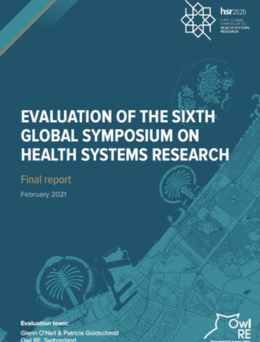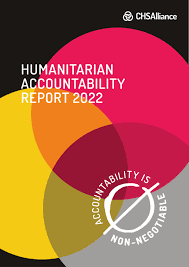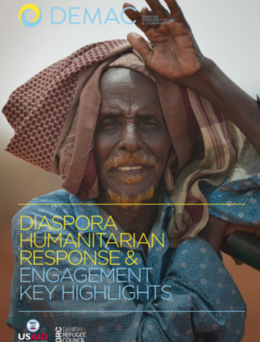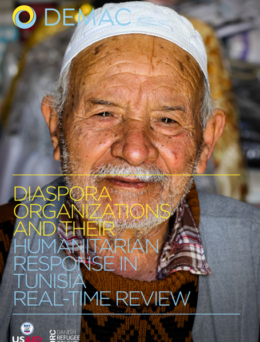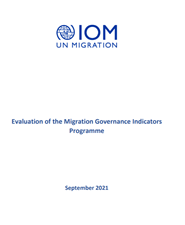Evaluation of the Sixth Global Symposium on Health Systems Research 2020
Owl RE carried out the evaluation of the Sixth Global Symposium on Health Systems Research (HSR2020), which was held online in late 2020 and early 2012. The research conducted for the evaluation included a combination of quantitative and qualitative methods including an online survey and discussion groups. The report was used to provide feedback to key stakeholders and shape future HSR events.
Download file
